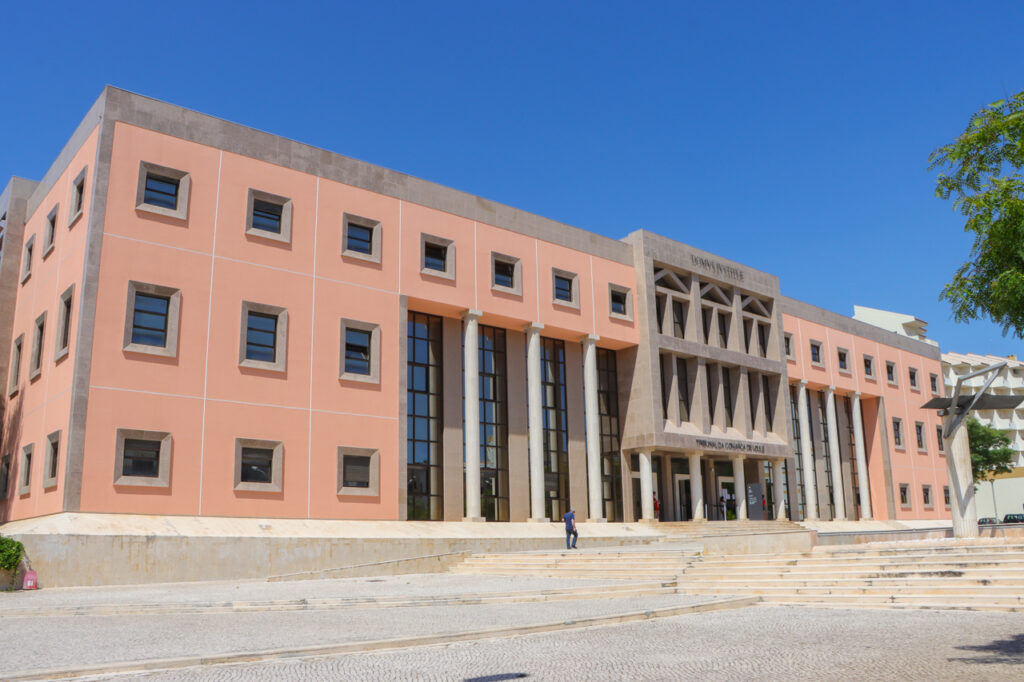The Union of Judicial Employees (SFJ) has scheduled a full strike for the 14th of July, which coincides with the last day of the atypical strike that has been running since the end of May.
According to the SFJ strike notice, which Lusa had access to today, the strike will “be in force on July 14, 2023, from 9:00 am to 17:00 pm, in all organic units / courts, for all judicial officials exercising functions in the courts and services of the Public Ministry, as well as in other departments and services of the Portuguese State”.
At stake for the union is “the current socio-professional situation and the lack of fulfillment of the commitments assumed and the deliberations of the Assembly of the Republic”, stressing that there will be no indication of minimum services, as it is considered that this strike does not collide with the rights, freedoms and guarantees of citizens.
“Striking workers cannot be replaced by non-adherent workers who, normally, are not assigned to the materially competent service”, reads the prior notice addressed to the Prime Minister, António Costa, to the Minister of the Presidency, Mariana Vieira da Silva, and the Minister of Justice, Catarina Sarmento e Castro.
The SFJ immediately claims the opening of a procedure for access to all professional categories (assistant clerk, deputy court clerk, law clerk, chief court clerk and court clerk), as well as the inclusion in the due date of the procedural recovery supplement paid for 14 months and retroactive to January 2021.
On the other hand, it points to collective bargaining the themes of filling vacant posts in the career of court official through multi-annual competition, a special retirement regime and access to the pre-retirement regime for court employees, the revision of the salary table and , finally, the revision of the professional status of the career.
The date of 14 July corresponds to the last day of work in the courts before the judicial holidays, which take place between 15 July and 31 August.
The total strike by court employees now announced for the last day before the court holidays could jeopardize the carrying out of hundreds of judgments and diligences, including the reading session of the instructive decision of the BES Case, which is scheduled for 14 :00, at the Monsanto court, in Lisbon.
The atypical strike currently underway since May 29 is taking place “in a creative format”, which does not coincide in regions, times or jurisdictions, that is, the strike can take place in one way and time in a judicial court and in a different one in the services of the Public Prosecutor's Office, or within the same district, take place differently in the various courts that comprise it.



















Comments